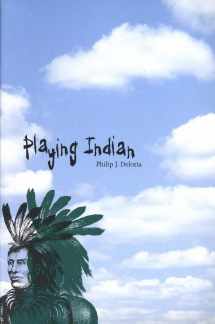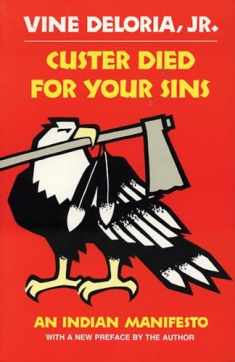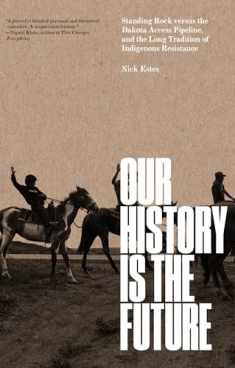
Playing Indian (Yale Historical Publications Series)
Book details
Summary
Description
The Boston Tea Party, the Order of Red Men, Camp Fire Girls, Boy Scouts, Grateful Dead concerts are just a few examples of the American tendency to appropriate Indian dress and act out Indian roles. This provocative book explores how white Americans have used their ideas about Indians to shape national identity in different eras―and how Indian people have reacted to these imitations of their native dress, language, and ritual.
At the Boston Tea Party, colonial rebels played Indian in order to claim an aboriginal American identity. In the nineteenth century, Indian fraternal orders allowed men to rethink the idea of revolution, consolidate national power, and write nationalist literary epics. By the twentieth century, playing Indian helped nervous city dwellers deal with modernist concerns about nature, authenticity, Cold War anxiety, and various forms of relativism. Deloria points out, however, that throughout American history the creative uses of Indianness have been interwoven with conquest and dispossession of the Indians. Indian play has thus been fraught with ambivalence―for white Americans who idealized and villainized the Indian, and for Indians who were both humiliated and empowered by these cultural exercises.
Deloria suggests that imagining Indians has helped generations of white Americans define, mask, and evade paradoxes stemming from simultaneous construction and destruction of these native peoples. In the process, Americans have created powerful identities that have never been fully secure.


We would LOVE it if you could help us and other readers by reviewing the book
Book review





